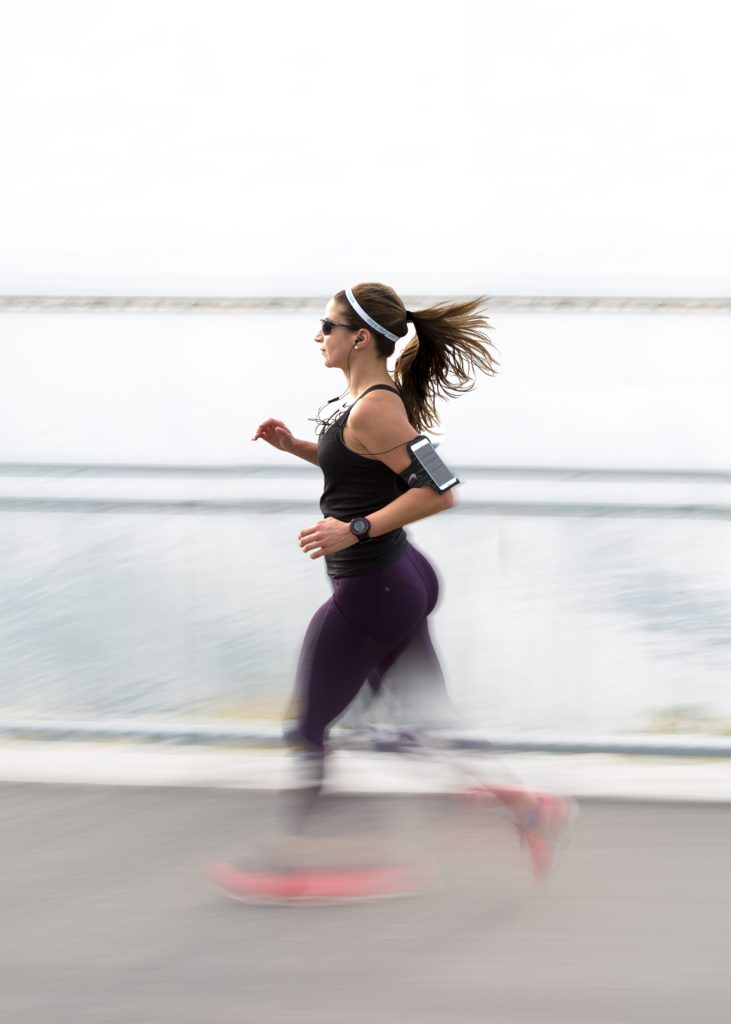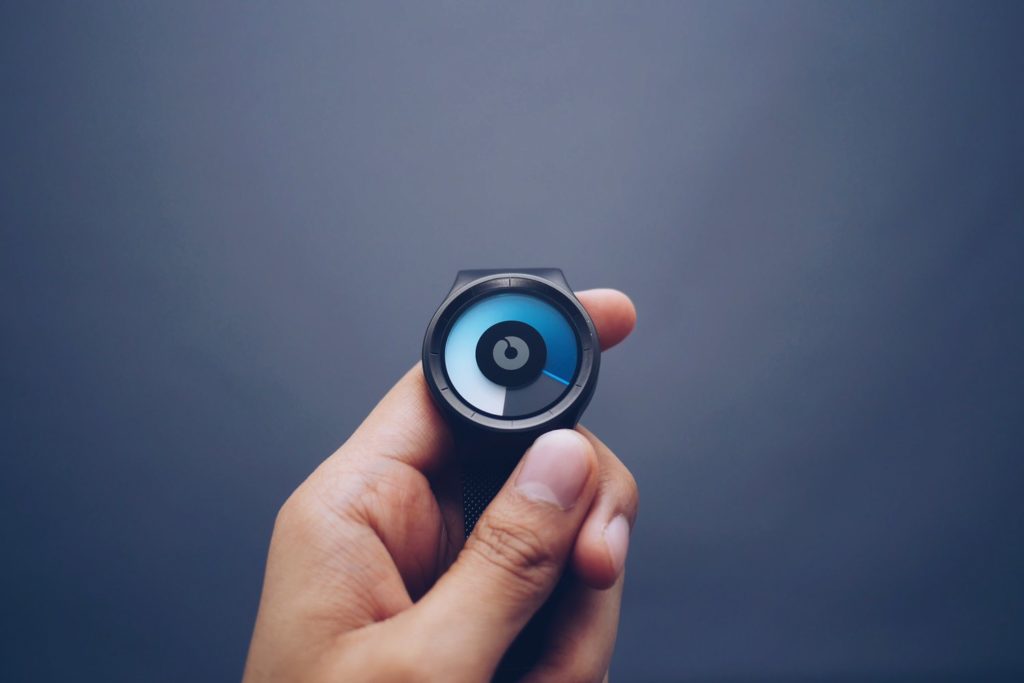Fitness Trackers – How To Really Use Them
September 29, 2019

Fitness trackers. It’s coming up to Christmas, they make great presents and everywhere you look are articles and blogs proliferate, rating the top apps of 2016 and discussing how they’re going to help keep you on the straight and narrow through December. Within these discussions, people worry about the accuracy of trackers, their value for money, adaptability and even safety with some expressions of concern over electromagnetic exposure, or data theft. What few people seem to question is whether they are actually a good idea in the first place.
Perhaps that’s understandable. The benefits of apps and monitors that encourage us to be more active and to eat more healthily are obvious. If we are looking to that data to help manage a specific illness, the reduction of sugar intake for example, or to achieve health-related weight loss where measuring calorie intake versus expenditure is crucial, fitness trackers can be an invaluable resource.
Still, before we throw ourselves even further into the constant monitoring of our every thought and action, it’s worth considering some of the pitfalls involved in using fitness trackers in the wrong way.
First, for some users, fitness trackers can and do become an obsession which paradoxically ends up having a negative effect on their health. I’ve seen first hand, people declining dinner invitations on the basis that they will be unable to input accurate data on what they’ve eaten, or it won’t have the right nutritional balance to meet with the ‘approval’ of their virtual coach.
Becoming obsessive about your tracker can also lead to constant calorie calculations, which are not always necessary. Unless you truly need or want to lose weight, engaging in a constant profit and loss calculation with food is a disordered form of eating even if it is not what we traditionally class as an eating disorder.
The second issue is that with the wrong attitude, fitness trackers can allow our lives to become ruled by guilt. No one is one hundred percent healthy, happy, or at the top of their game all of the time. Life is about learning to how to handle the not so sunny days as well as making the most of the good ones. Having that online data monitor tell me that the half tub of ice cream I ate isn’t ‘approved’ might make me feel guilty enough not to eat it the next time, but it is also just as likely to make me lie to it the next time, or throw my phone out the nearest window. Making healthy choices out of guilt isn’t actually a healthy way to live.

Finally, if we use trackers just to record instead of learn, there is the risk that ironically, we end up knowing less rather than more. Our diets, the availability of foodstuffs – particularly junk foods – and the way in which we interact with food has changed dramatically since the middle of the last century. We consume a greater variety of foods, but we also eat more ready meals, we are more likely to eat out, or to eat on the go.
The availability of information has also increased dramatically. We can instantly know more about the nutrition of our lunch, or the impact of a run, than in the past, but we also tend to be less healthy than a generation that didn’t crunch data from their every mouthful or movement.
Relying on apps to tell us when to move and what to eat can actually make us less in touch with our bodies. Most of us already find it difficult to listen to ourselves and this is an increasing problem in a world where the pace of life seems to only get faster – just look at the growing interest in mindfulness.
I’ve used a variety of fitness trackers in the last few years, each with their own pros and cons, but it was not until talking to another PT recently that I realized often my craving fruit, is actually an indication of thirst. Generally speaking, I’m not very good at staying hydrated and making sure I do means I feel better and weirdly calmer.
The other issue with failure to listen to our bodies is that it can lead to overtraining. Whether that’s pushing to increase calorie expenditure, or trying to compete more training sessions than your tracker recorded you doing last week – sometimes we actually need to rest. In fairness there are some apps that will tell you if you’re overdoing it, but you’re better off developing the ability to heed what your body is telling you for yourself.
For sure, the benefits of fitness trackers overall outweigh the risks. We can and should use them to encourage ourselves to eat more healthily and be more active, countering the overwhelming sedentary effects of our employment market. But we should also seek to use them to try and learn about what our bodies need. We should never let them dictate what we do, we should not let them become another reason to feel guilty and we should certainly never let them get in the way of spending time with friends or family.
Title photo credit: Nicola https://www.flickr.com/photos/15216811@N06/
Leave a Reply Cancel reply
back to the top
GIANNA
HEWLETT
HOME
move WITH ME
JOURNAL
CONTACT
ABOUT
Copyright GH Fitness LTD 2019
Privacy Policy
Site by Studio Break The Loop